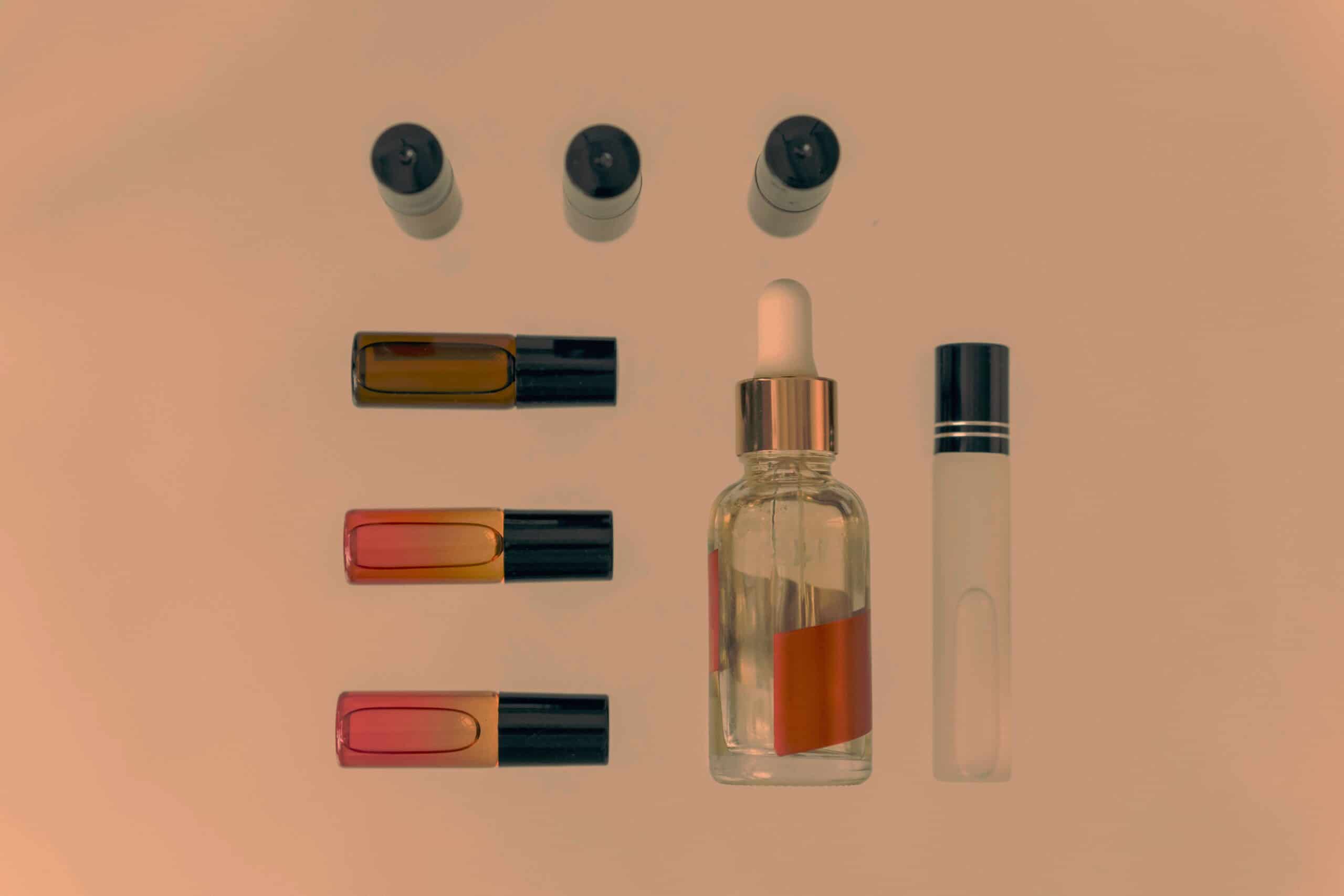What to know about importing CBD into France?
Among the EU nations, France has the patchiest history when it comes to legalizing CBD products. There have been lots of ups and downs. The country has been most resistant to legalizing CBD. Even worse, it has a history of creating troubles for CBD importers and retailers. However, fortunately, all that is over now, and it is entirely legal to import CBD in France.
France is among the largest grower of hemp in the EU. However, it has been reluctant to allow widespread imports of CBD products into its local markets. It has also been hesitant in legalizing the free sales of CBD through retail chains.
France is indeed a part of the EU, and for all member states, EU rules hold a higher value than local laws. However, that is in theory. In practice, there is lots of difference in how EU rules are implemented in various nations.
Many people have earlier got into trouble for importing CBD products into France. Thus, it is vital to understand the history of those events for those looking to import CBD into France.
CBD is not entirely legal in France
Since the legalization of CBD in the EU, many started to import. However, one unfortunate incident occurred in 2019, when an organization was fined for importing CBD into France. The organization and its owners got hefty fines for importing CBD into the nation, even though they imported CBD legally produced in other EU states.
Thus, the organization filed a case in EU court and got a ruling in their favour in May 2020. The EU court ruled that the French government cannot ban the import of CBD or consider it illegal if it was legally produced in other EU nations.
French Supreme Court opens the market for importers but
However, things did not end here. French authorities continued to harass the retailers. If retailers could not sell CBD products freely, importing them would not make any commercial sense. Fortunately, that has also finally changed. In June 2021, the Criminal Section of the French Supreme Court (Cour de cassation, Chambre Criminelle) eventually ruled that import, sales, and possessing of CBD are legal in France if such products were produced legally in other member states.
But there are still some uncertainties. Many people noted that the ruling specifically mentioned the legality of cannabis extract from fibre and seeds. However, cannabis fibre and seeds do not contain CBD. It means that there are still some unclarities that remain.
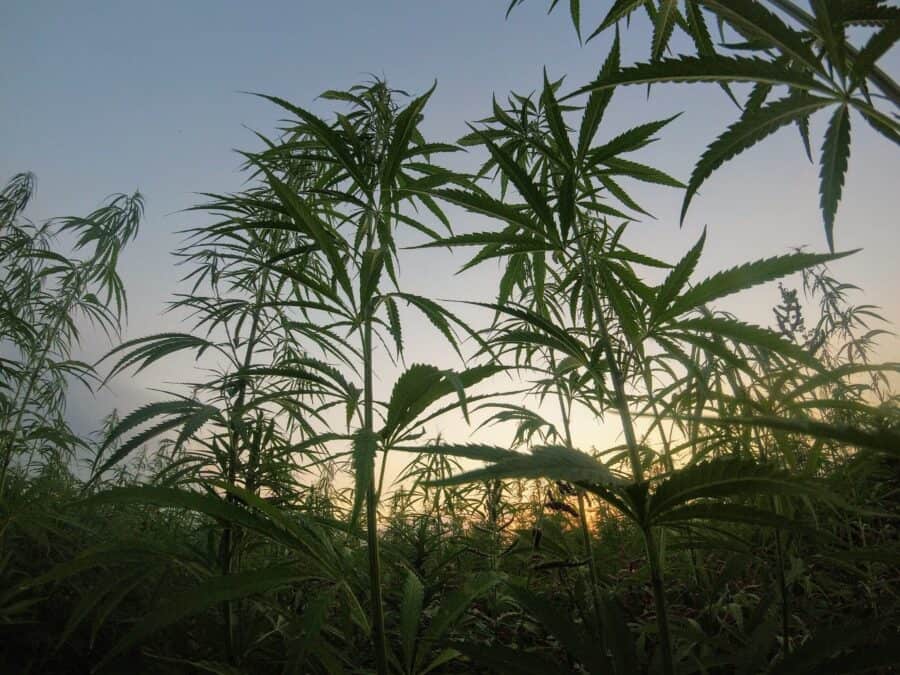
Overview of French CBD Regulations and Laws
The EU ruling that France should not ban CBD products or the French Supreme Court’s decision makes things a bit clearer. However, not entirely. Further, things are made complicated by other rules and regulations.
It would be safe to say that importing hemp seed oil, seeds, hemp fibre, hemp seed flour, and defatted hemp seeds into France is entirely legal. This would not require any legal permissions except certificates proving the quality of the products. One may also need to prove that hemp seed and its products were derived from hemp varieties or cultivars that are legal to grow in the EU zone.
However, when it comes to CBD, it seems that things are clear and yet not. It appears that France has accepted the EU laws, but with some limitations. Therefore, it is too early to say if importing CBD oil into France would not cause trouble. However, it is entirely possible that products with EU wide approval of novel food products may be imported legally into France.
Nevertheless, one cannot import raw hemp plant products like its buds or leaves into France.
Additionally, it is worth noticing that some CBD products might be banned due to other reasons like health concerns specific to that nation. It means that EU law allows individual countries to decide on some issues. Thus, France may still ban CBD imports by stating that it is bad for the health of their people. In Frances, ANSES runs the so-called nutrivigilance, collecting safety data of food products.
Your Brand Our Products
Our white-label solution lets you start your own CBD business hassle-free, with market-proven ready to sell CBD products
White label CBD products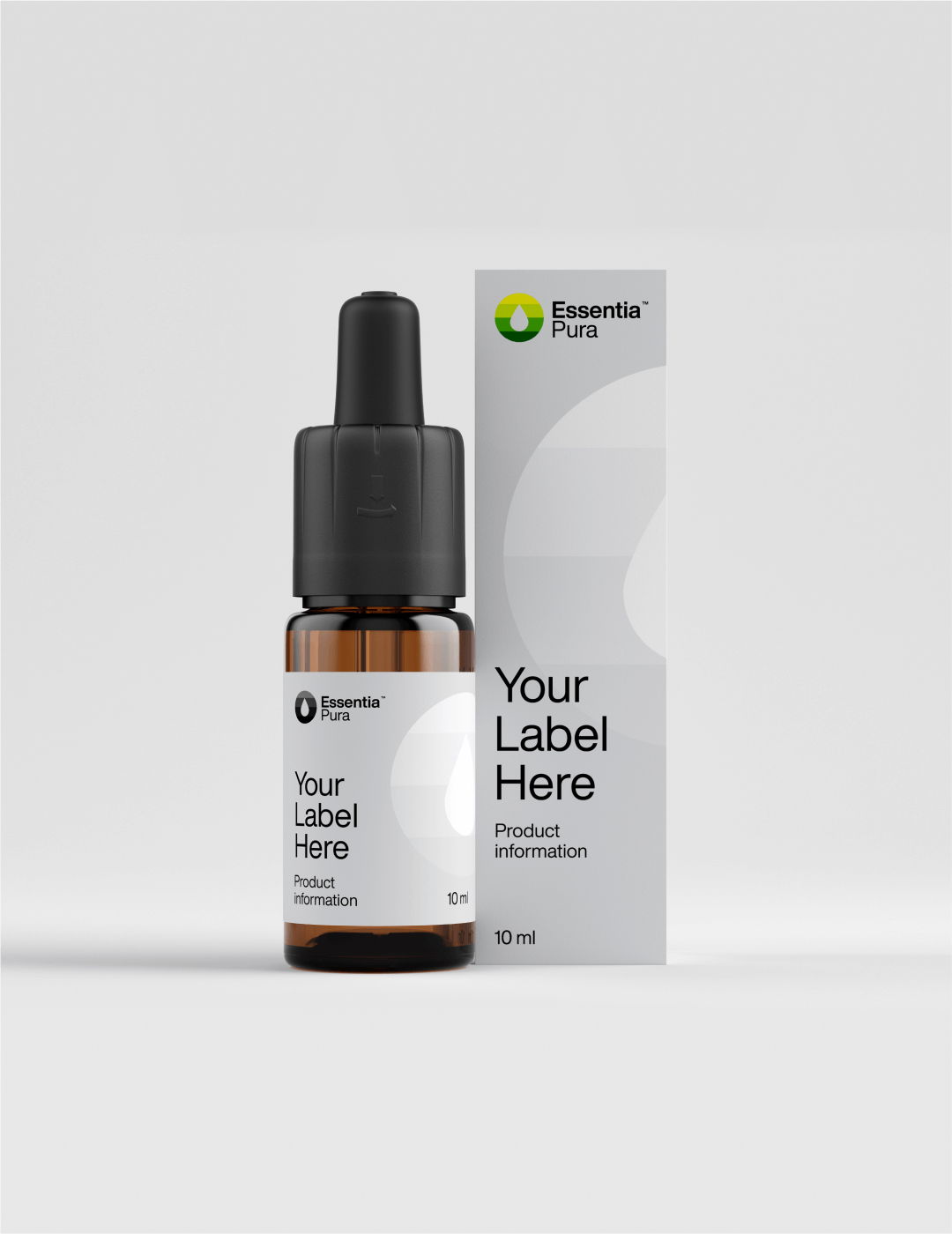
Requirements for Importing CBD into France
When importing CBD products into France, always make sure that the THC level is below 0.2%. It is even better to import only THC free products. Quite often, controlling agencies would use rapid reagent tests to see if it contains THC or not. If the test comes positive, they will send the samples for further lab tests to quantify the amount of THC in a CBD product.

Secondly, it is worth understanding that any CBD plant parts, like flower, stem, or leaves, should never be imported into France. Import of plant parts is still illegal.
However, hemp seed, hemp fibre, hemp seed flour, or other products derived from hemp fibre or seeds are completely legal to import and have almost minimal requirements.
For CBD products, one would need to provide a certificate stating that the product has been registered by the office of the European Commission as a Novel Food. Additionally, it would be a good idea to enclose a certificate of origin along with the shipment. Finally, certification of analysis is also a must, as it will serve as evidence that the product has THC within the permitted limits and does not contain other harmful impurities.
Needless to say, that importing person should have a registered legal entity. In France, it is essential to register with the Chambre de Commerce (RCS), to engage in any import or export activity. Further, EORI (Economic Operator Registration and Identification) registration or number is a must for import and export.
Importing CBD into France within the EU
It is pretty straightforward. One would still need novel food registration or approval from the EU. It is generally done online by submitting an application to the E-submission Food Chain Platform. This approval is received by the manufacturer and not by the importer. However, the importer needs to provide its copy as proof of approval when clearing goods from customs. Additionally, customs would ask for certification of origin and certificate of analysis.
In the case of taxation, it is much simpler than importing from outside. As a rule, there are no customs duties on goods imported from another EU member state. However, it is a bit more complex with VAT. In that case, it is good if the exporter pays VAT. However, the exporter must have a VAT number that is visible in the EU VIES system. It is a unique VAT number that is valid throughout the EU. Hence, the exporter pays the VAT and adds it to the invoice. Thus, the importer would be paying the cost of the goods along with VAT to the exporter.
Private Label CBD Products
Retail-ready formulas not your type? Reach out and develop your own custom formulation.
Private label CBD products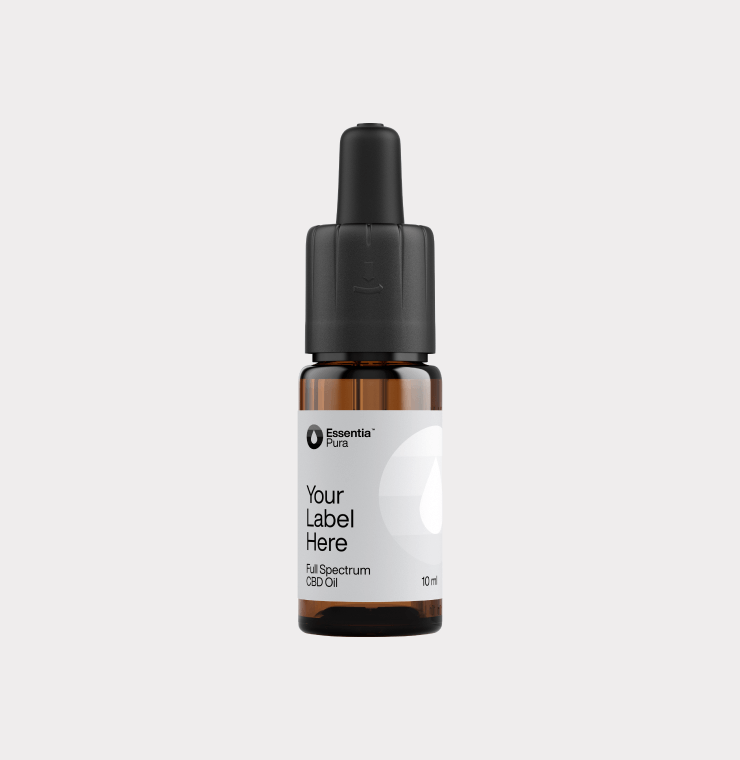
Importing CBD into France to Sell from non-EU state
It is far more complex, both from a regulatory point of view and duties. To begin with, one needs to get a novel food approval for the product. It is done by the European Commission and European Food Safety Authority (EFSA). It is generally the first step.
Additionally, the exporter needs to provide some other documents regarding the biosafety of the shipment. For example, there is a need for a certificate of analysis and certificate of origin. Additional documents needed are the packing list and invoice.
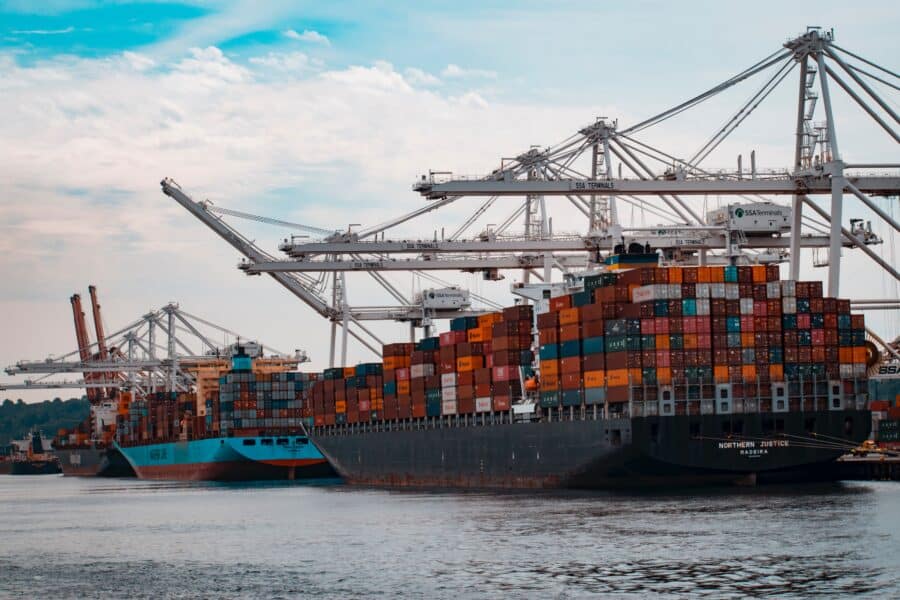
When some business imports goods from outside the EU, both the VAT and customs are applicable. Thus, one would need to know about the so-called HS code or customs code for the product, as this number should be mentioned on the invoice. HS code decides how much duty should an importer pay on goods. Additionally, the importer would need to pay VAT.
For goods coming from certain countries, France may ask for local lab certification of goods. The local lab would test for active ingredients, additives, impurities, microbiological safety. This certificate may be especially needed when distributing the product.
Importing Hemp into France
Imported hemp could be pretty simple to completely illegal in France. Importing hemp flowers, leaves or stems are unallowed. On the other hand, hemp seeds, hemp seed flour, hemp fibre, and other products made of hemp seed or fibre are legal and do not need any regulatory clearances.
It is vital to understand that CBD and hemp seed or fibre products are very different things, although both might come from the same plant. Hemp seed or its fibre products are naturally CBD and THC free. Thus, hemp seed flour may qualify as just any other food item. On the other hand, hemp fibre of its products might be eligible as industrial goods. Nevertheless, most of the products can be imported with minimal documentation. Nonetheless, one would still need to know about the HS code, and customs duty and VAT are applicable to these products.
To conclude, CBD in France is legal. However, the importation of CBD in France is not simple. France does follow EU hemp regulation. Therefore, doing business is relatively simpler for European CBD companies. Nonetheless, even EU companies might sometimes get into trouble. However, things are changing fast, and it is always a good idea to consult a customs agent or broker before importing any CBD product in France.
2023 update:
Importing CBD into France is subject to specific regulations as a novel food.1 CBD-infused products must undergo stringent evaluations and gain approval from the European Food Safety Authority before legal marketing in France.2 These regulations, including strict THC limits, have remained unchanged in recent years. Complying with these requirements is crucial for importers to ensure legal compliance and avoid potential issues. As the CBD industry continues to grow, businesses must stay updated on France’s evolving regulations to successfully import and sell CBD products in the country.3
Looking to enter the French market with CBD products? Make Essentia Pura your trusted European CBD supplier! Just fill our contact form and your premium CBD brand is just a click away!





